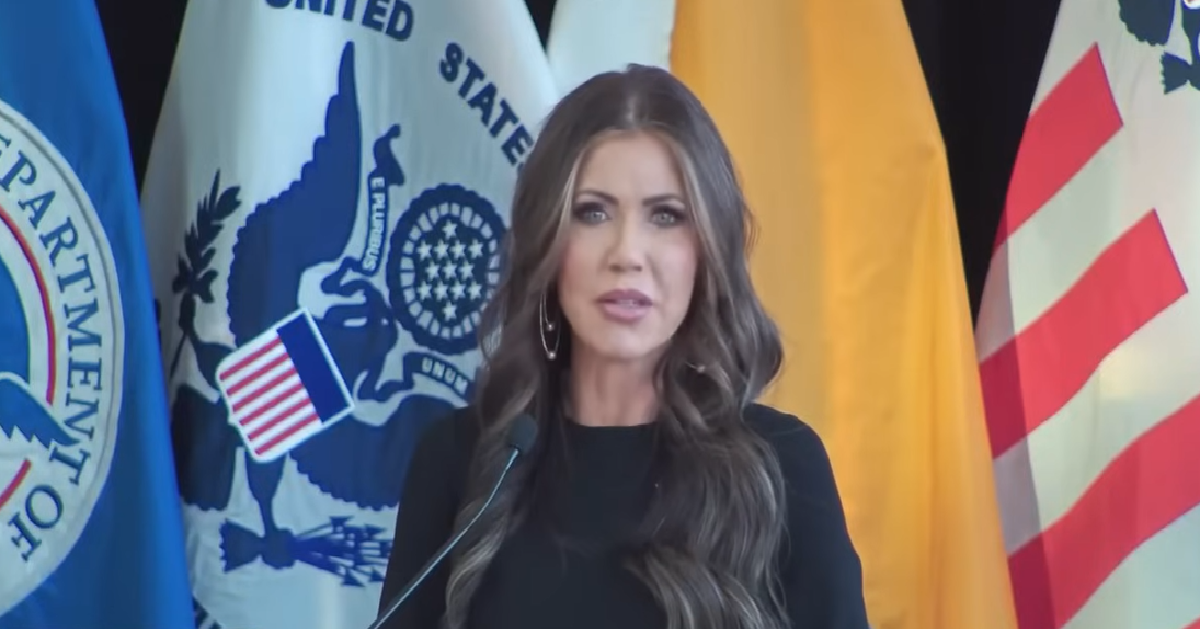DANIEL VAUGHAN: The American Economy Shows Signs Of A Cold
It's the 50th anniversary of the novel 'Jaws' release, and the movie's half-century mark hits next year. Peter Benchley authored the book and wrote in later editions he "had no interest in writing a one-note horror story: shark eats people.' Instead, [he] set out to write a story 'about how people cope with a danger that they cannot control.'"
He could have written about the current economic conditions in the United States. If you listen closely, you can hear the theme song to Jaws slowly building in the background of the major business news outlets.
Banks like Goldman Sachs increased their "limited risk" of a U.S. recession to 25% this week. The most recent jobs report triggered the SAHM rule, an early recession indicator. In a nutshell, the SAHM rule says, "When the jobless rate is rising pretty quickly, the economy is slumping." It measures on a rolling three-month basis.
Recessions are always declared backward-looking. For instance, the 2008 recession was backdated to 2007. We'd already been out of that recession for quite some time when the NBER declared it over. The NBER's official declarations are meaningless for navigating things in real-time, which is why Wall Street uses other metrics.
So what's happened here? If you're just tuning in, the sudden pivot in the economy may seem rash.
Part of it is outside the United States. Japan is executing a policy turnaround with its central bank. Japan's strengthing of the yen, which had weakened considerably over the last few years, is rippling through U.S. markets now.
More broadly, the United States is at the finish line for the Federal Reserve's fight against inflation. For several years, the Federal Reserve has had to put aside its focus on maintaining a steady jobs market and take up the fight against inflation. This means they raised interest rates with the express goal of trying to slow down the jobs market, wage increases, and more.
Now, the Federal Reserve is growing concerned that the labor market is at risk of going under.
The fight against inflation is also the end point for another Federal Reserve policy: the high-pressure economy. In 2016, then-Fed Chair Janet Yellen spoke about the prospects of letting the economy run "hot" for a while. It was theorized that if policymakers did this, they'd see a surge in people making considerable gains in the job market.
The Wall Street Journal noted Yellen's full thinking: "The downside? A high-pressure economy, "if maintained too long," increased the risk of a financial crisis or inflation, Yellen, now the Treasury secretary, said."
The fear at the Federal Reserve and Janet Yellen's Treasury Department is that all the work they did to run a hot economy and bring inflation down after it took off is at risk of unraveling. That means the job and wage gains made by those at the margins are at risk of disappearing as policymakers try to normalize monetary policy for the first time in decades.
Higher interest rates are supposed to increase the unemployment rate over time. Because the economy has run so hot during this time, it's been able to rebuff the impacts of interest rates. That's led to people believing the Federal Reserve has achieved a soft landing scenario - bringing down inflation with no job losses or a recession.
That's certainly possible. The unemployment rate rising to 4.3% is right in the target zone for what the Federal Reserve targeted as "ideal employment." We're at the levels where Fed policymakers thought they needed to achieve lower inflation. Will things hold at this point, or will we get a recession from all the policy manipulations from the Federal Reserve?
It's hard to say. Japan's pivot in monetary policy is the first order of business for U.S. markets to digest. Japan entered a bear market on Monday after its stock market collapsed more than 20% from its all-time highs on July 11, 2024. It's the largest drop since 1987. That will have ripple effects in the United States and elsewhere.
The next order of business will be whether the Federal Reserve's attempt to tackle inflation will succeed or plunge the economy into a recession. The jury is still out on that point. We've had multiple scares in this journey with the Federal Reserve, with people believing a recession could happen in 2022 or after multiple regional banks collapsed in 2023.
This could be an economic blip, or it could be more. It's hard to tell. The finish line for the Federal Reserve is in sight. Butyou can hear the Jaws music slowly growing in the background. We want to believe the Fed can control things in this moment. That belief is about to get tested.






